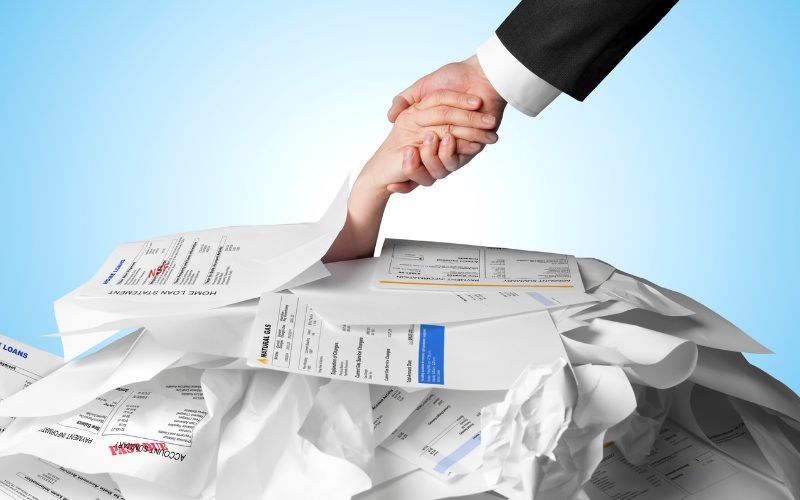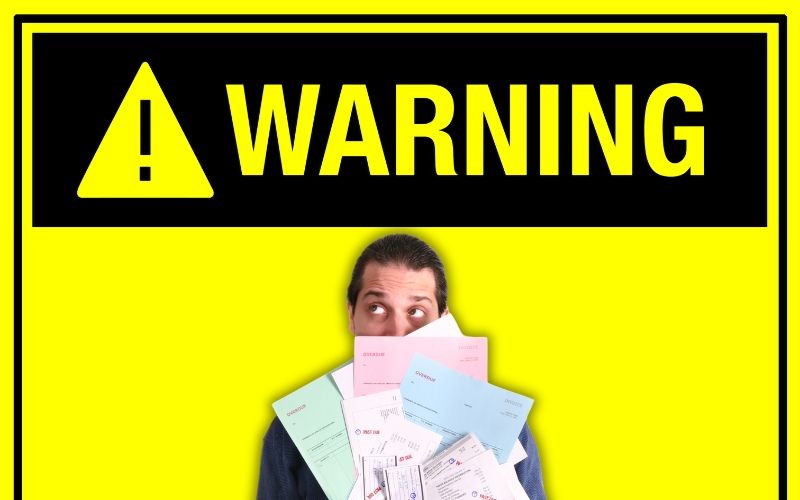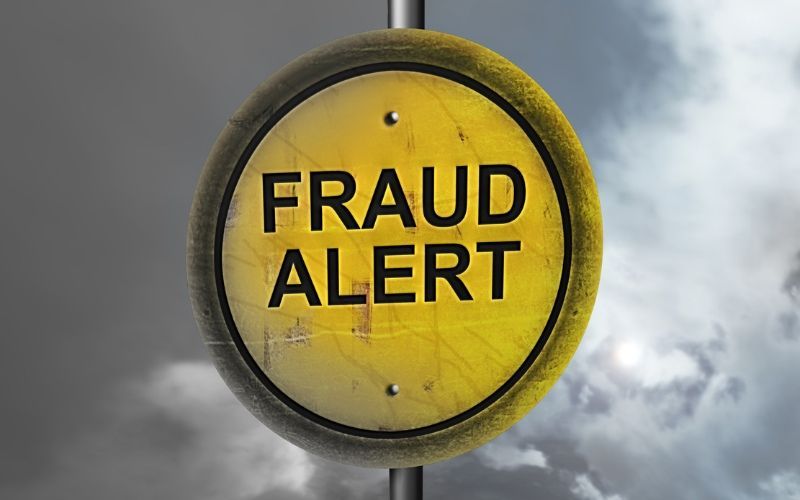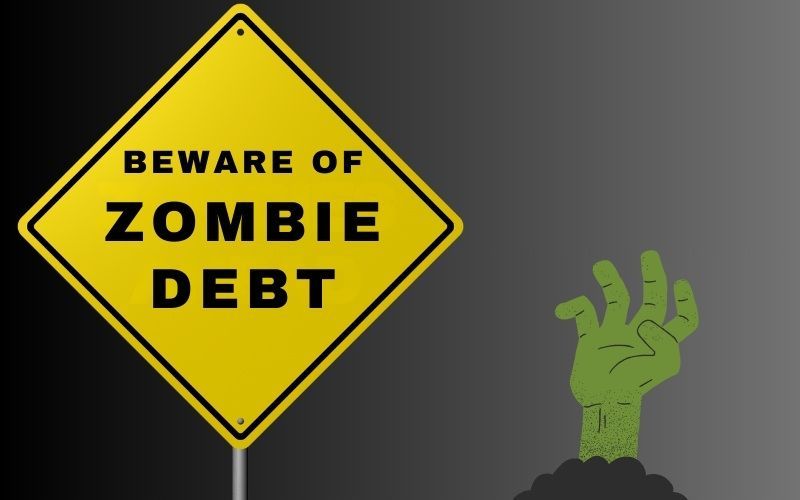Debt Consolidation In Texas
Last Updated: October 13, 2023
Learn How Debt Consolidation Works for Texas Residents

If credit card bills have piled up, collection agencies are calling frequently and you feel overwhelmed by the amount of debt you have accumulated, you may want to consult an organization that offers debt consolidation specifically for Texas residents to take advantage of. Debt consolidation has many advantages and a few disadvantages. Weighing your personal needs and your specific financial situation will assist you in determining whether you need to contact an organization that offers debt consolidation Texas residents can use. Pacific Debt is a reputable company with over fourteen years of experience in consumer-related services, including debt settlement.
Benefits of Debt Consolidation for Texas Residents
First off, debt consolidation helps streamline your payments.
Debt consolidation in Texas involves putting all of your existing debts into one source, usually in the form of a loan. Instead of needing to remember when each credit card bill is due and what the minimum payment is, you can write one check to the debt consolidation company. You may be able to decrease your interest rate so more of your payment goes to the principal of the debt that you owe. This option also allows you to stay in good standing with each of your credit card companies. You do not have to cancel your accounts in order to qualify for debt consolidation, so your credit cards are available to use in case of an emergency.
Steps for Debt Consolidation in Texas
The key steps for pursuing debt consolidation in Texas include:
- Review your current debts and interest rates. Make a list of all credit cards, personal loans, medical bills, and other unsecured debts along with their interest rates and minimum payments. This helps you see the full scope of what you owe.
- Check your credit score. Most lenders will require a minimum score of around 640-680 to qualify for the best debt consolidation loan rates. Know where your credit stands beforehand.
- Research lenders and loan options. Compare interest rates, fees, loan terms, and eligibility from banks, credit unions, peer-to-peer lenders, and other debt consolidation sources.
- Calculate potential monthly payments. Use online calculators to estimate what your monthly payment might be so you can budget accordingly.
- Consider the pros and cons. Weigh benefits like lower interest rates against risks like closing accounts or collateral.
- Apply to your top choice lender. Once you select the best loan option, complete the application and provide any required financial documentation.
- Make a debt repayment plan. With your new consolidated payment, establish a monthly budget to repay on time.
Types of Debt Consolidation Loans in Texas
There are several types of debt consolidation loans available to Texas residents:
- Bank/Credit Union Debt Consolidation Loans - Local banks and credit unions offer consolidated loans with competitive rates.
- Peer-to-Peer Consolidation Loans - Borrow from an individual rather than a financial institution. Rates can be low.
- Balance Transfer Credit Cards - Transfer existing balances to a new card with 0% intro APR.
- 401(k) and Retirement Account Loans - Borrow against your own savings but beware of taxes/penalties.
- Home Equity Loans/Lines of Credit - Leverage home equity for lower interest rates but risk foreclosure.
- Personal Loans - Unsecured loans from online lenders and others specifically for debt consolidation.
Requirements for Debt Consolidation Loans in Texas
Texas debt consolidation loan eligibility often depends on factors like:
- Minimum credit score of 620-680. Higher scores get better rates.
- Stable income to cover monthly payments and living expenses.
- Full-time, part-time, or self-employment. Proof of income is required.
- A debt-to-income ratio is below 40% in some cases.
- Collateral like a home or auto may be required. Co-signers also improve approval odds.
Detriments of Debt Consolidation
Debt consolidation often requires that you secure the debt with your home or another asset. If you get behind on your payments, the debt consolidation company can take your assets in order to satisfy the debt. If you do not secure your loan, you may actually wind up paying a larger interest interest rate than your credit cards offered. This will increase the total amount that you pay over the lifetime of the debt. Having zero balances on your credit cards may cause you to accumulate more debt on the credit cards. This will cause you to have a large consolidation loan payment, as well as multiple credit card payments that can place you in a precarious financial position.
Alternatives
If you do not want to tie up your assets by securing a consolidation loan, other alternatives are available. Debt settlement is an option for many consumers. Debt settlement allows consumers to have their debts discharged by their creditors at a reduced balance. Pacific Debt often negotiates rates for their clients that allow them to pay off their debt for significantly less than the total principal amount that is owed on the debt. This alternative allows consumers to have debt paid off, rather than continuing to make payments on the debt for several years. Credit counseling is also available as an alternative.
If you are looking for a company that provides consumer assistance with debt settlement, credit counseling, or debt consolidation, Texas has many qualified companies that you can contact. Pacific Debt is willing to assist you with managing your finances and is licensed to provide debt settlement services.
Pros and Cons of Debt Consolidation
The pros of debt consolidation include:
- Lower interest rate saves money on costs compared to high credit card rates
- Simplified single monthly payment
- Fixed loan term helps pay off debt faster
- May improve credit score over time by reducing balances
The cons include:
- Closing credit card accounts can temporarily lower credit score
- Debt collateral like a house or car can be claimed if payments stop
- Missed payments damage credit and risk foreclosure or repossession
- Additional debt accrued during loan period increases total owed
Debt Consolidation Mistakes to Avoid
Common debt consolidation mistakes include:
- Failing to curb spending and overspending on credit cards again
- Not shopping lenders for the best loan rates
- Accepting fees for debt management plans available for free
- Using 401(k) or retirement funds and facing taxes/penalties
- Selecting overly long loan repayment terms that increase interest paid
- Consolidating federal student loans and losing flexible repayment options
FAQs
-
What credit score is needed for debt consolidation in Texas?
Most Texas lenders require a minimum credit score of 620-680 to qualify for a debt consolidation loan. Borrowers with scores of 720+ can get the best interest rates.
-
How much can I borrow with a Texas consolidation loan?
Loan amounts range from $5,000 up to $100,000 or more, depending on income, credit score, debt levels, and lender policies.
-
What are the repayment terms for Texas consolidation loans?
Terms often range from 2-7 years. Shorter terms have higher monthly payments but less interest paid over time.
-
What debts can a Texas consolidation loan pay off?
Most personal unsecured debts like credit cards, medical bills, and payday loans can be consolidated. Student loans and secured debts usually cannot.
-
Do Texas consolidation loans charge prepayment penalties?
Most lenders do not impose prepayment penalties for paying off your loan early. But verify this in the loan contract.
-
Will debt consolidation hurt my Texas credit score?
It may cause a short-term drop from closing accounts, but will likely improve your score over time as balances decrease.
-
Are debt management plans better than debt consolidation?
Not necessarily - debt management plans work similarly but may charge fees. Get all the facts first.
Conclusion
Debt consolidation can be a helpful option for Texas residents struggling with high-interest credit cards and other unsecured debt. Understanding the difference between debt consolidation and credit repair is crucial to selecting the best strategy for your financial situation.
By following the steps outlined here for evaluating your debts, researching lenders, and understanding consolidation loans, you can determine if a consolidated loan is right for your situation.
Consolidation may allow you to save money each month, simplify payments, and pay off debt faster with discipline. Be sure to avoid common consolidation mistakes and make an informed decision based on the pros, cons, and alternatives.
Addressing any questions by referencing the FAQs can also give you confidence in your approach. With the right consolidation loan, Texas borrowers can take control of their debt and work toward achieving financial freedom.
If you are struggling with overwhelming debt and want to explore your debt relief options, Pacific Debt Relief offers a
free consultation to assess your financial situation. Our debt specialists can provide objective guidance relevant information and support to help find the right debt relief solution.
Are you ready for debt relief help now?
Get Free Consultation- Accredited by Better Business Bureau with BBB A+ rating(4.93 rating and 1542 reviews)
- US News and World Reports and Bankrate ranked Pacific Debt as one of “The Best Debt Settlement Companies of 2020”
- 6.9 star rating by BestCompany.com (over 2379 client reviews)
- 4.8 star rating by TrustPilot based (over 1477 verified consumer reviews)
- ConsumerAffairs.com Accredited (over 543 verified reviews with an average rating of 5 stars)
- A Top 10 Rated Company by TopTenReviews.com , ConsumersAdvocate.com and Top10debtconsolidation.com
- 4.7 star rating by Google (220 client reviews)
- 100% rating by SuperMoney (9 client reviews)
Pacific Debt Relief
750 B Street Suite 1700
San Diego, CA 92101
Hours of Operation
Mon-Thurs: 6am - 7pm PST
Friday: 6am - 4:30pm PST
Saturday: 7:30am - 4:30pm PST
Clients
Phone: (877) 722-3328
Fax: (619) 238-6709
Email: cs@pacificdebt.com
Non-Clients
Phone: (833) 865-2028
Fax: (619) 238-6709
Email: inquiries@pacificdebt.com
"To eliminate debt one household at a time, while placing people first." - Pacific Debt
© 2024 Pacific Debt Inc. dba Pacific Debt Relief, all rights reserved.
California Privacy Policy |  Do Not Sell My Personal Information
Do Not Sell My Personal Information
GLBA Privacy Notice | CDRI Accredited Member
*We do not discriminate on the basis of race, color, religion, sex, marital status, national origin or ancestry.
*Please note that all calls with the company may be recorded or monitored for quality assurance and training purposes.
*Your visit to our website may be monitored and recorded from essential 3rd party scripts.
*Clients who make all their monthly program deposits pay approximately 50% of their enrolled balance before fees, or 65% to 85% including fees, over 24 to 48 months (some programs lengths can go higher). Not all clients are able to complete our program for various reasons, including their ability to save sufficient funds. Our estimates are based on prior results, which will vary depending on your specific circumstances. We do not guarantee that your debts will be resolved for a specific amount or percentage or within a specific period of time. We do not assume your debts, make monthly payments to creditors or provide tax, bankruptcy, accounting or legal advice or credit repair services. Pacific Debt is not a credit repair firm nor do we offer credit repair services. Our service is not available in all states and our fees may vary from state to state. Please contact a tax professional to discuss potential tax consequences of less than full balance debt resolution. Read and understand all program materials prior to enrollment. The use of debt settlement services will likely adversely affect your creditworthiness, may result in you being subject to collections or being sued by creditors or collectors and may increase the outstanding balances of your enrolled accounts due to the accrual of fees and interest. However, negotiated settlements we obtain on your behalf resolve the entire account, including all accrued fees and interest. C.P.D. Reg. No. T.S. 12-03825.










